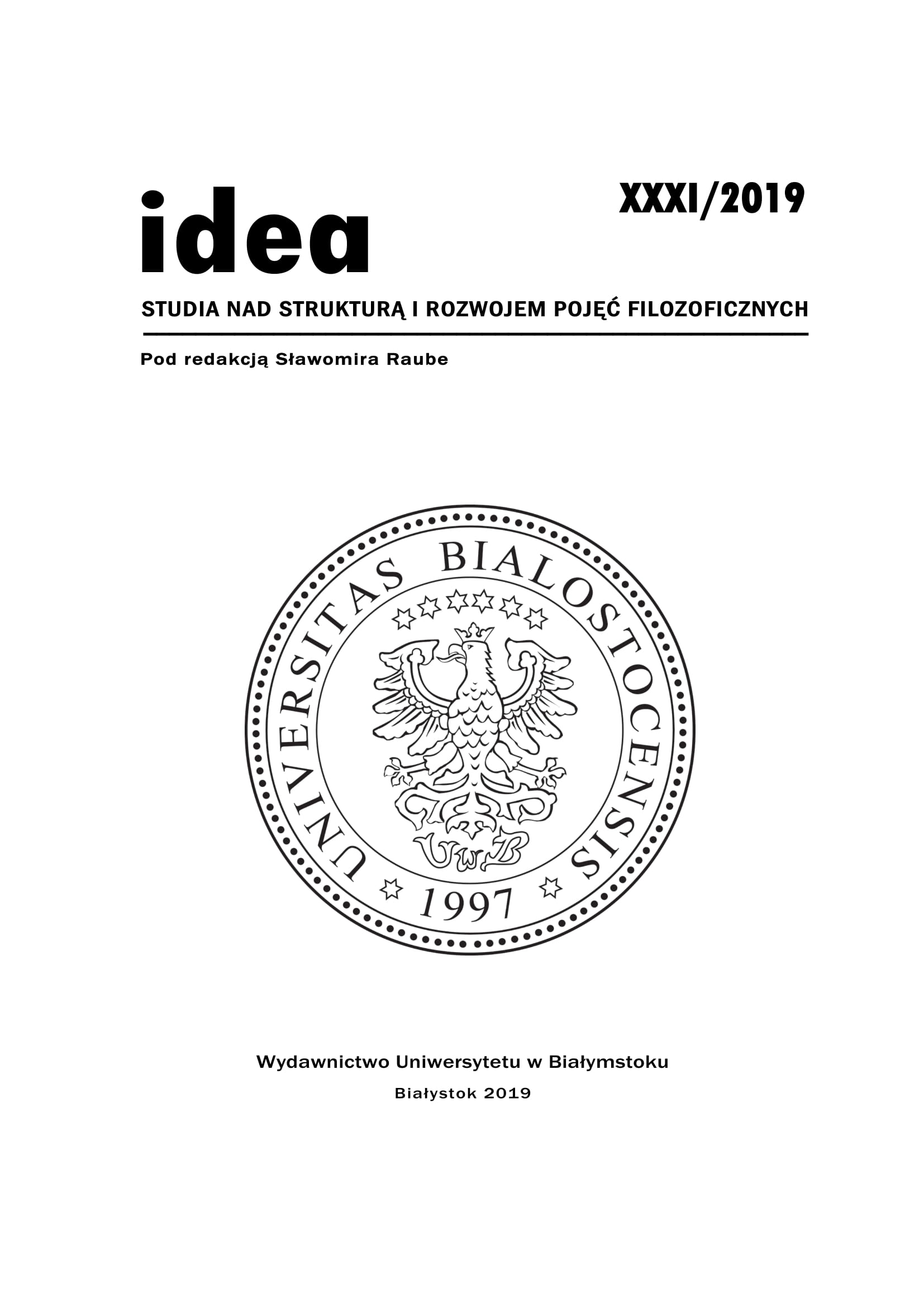Exilic representation and the (dis)embodied self: memory and photography in Yoshiko Uchida’s , autobiography Desert Exile: The Uprooting of a Japanese-American Family
Exilic representation and the (dis)embodied self: memory and photography in Yoshiko Uchida’s , autobiography Desert Exile: The Uprooting of a Japanese-American Family
Author(s): Małgorzata Jarmołowicz-DziekońskaSubject(s): Fine Arts / Performing Arts, Photography
Published by: Wydawnictwo Uniwersytetu w Białymstoku
Keywords: photography; memory; counter-memory; representation; Japanese-American literature
Summary/Abstract: Photography and memory seem to be inextricably bound up with each other, as photographs can invoke memories which help to excavate past moments with vivid details. Yoshiko Uchida in her autobiography, Desert Exile: The Uprooting of a Japanese-American Family (1982), delves into her past experiences through the lens of counter-memory, i.e. the memory of the minor and the subjugated. The Japanese-American author strives to recover the past by means of photographic images which—blended into written reminiscences— uncover yet another plane of articulation. Individual memory has enabled the author to chisel her own identity with textual and photographic means of self-expression. Constructing her autobiographical confession, Uchida also draws upon the collective memory of the war internment of the Japanese and Japanese Americans, which inevitably shaped her present self. A set of photographs which accompanies her account testifies that the ocular dimension can be as powerful as the textual one. Each photograph contains a stratum of data which deprives the text of its autonomy and grants it an equal status of signification.
Journal: Idea. Studia nad strukturą i rozwojem pojęć filozoficznych
- Issue Year: 2019
- Issue No: XXXI
- Page Range: 148-171
- Page Count: 24
- Language: English

